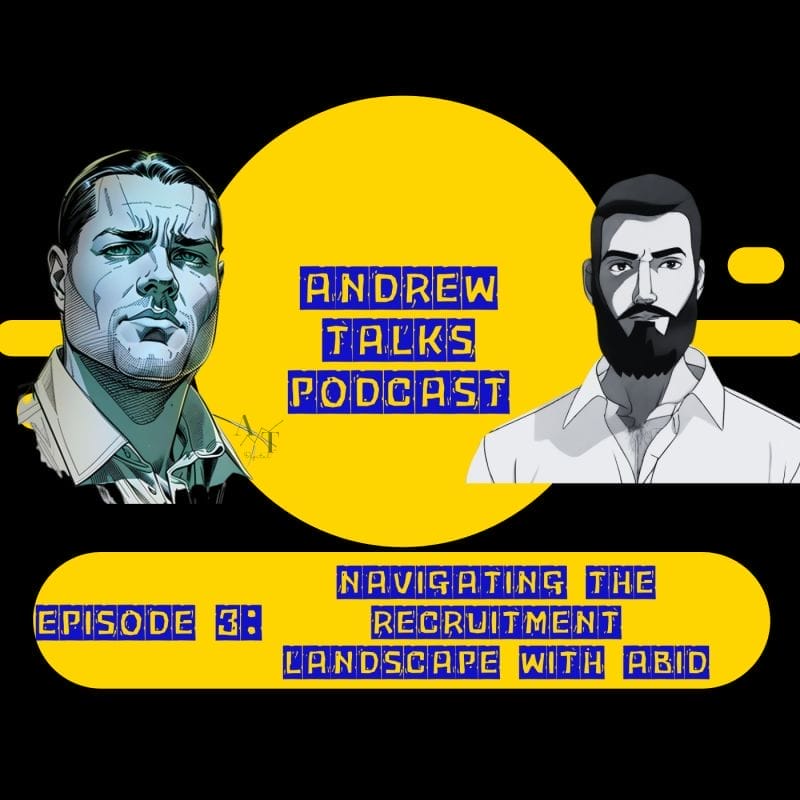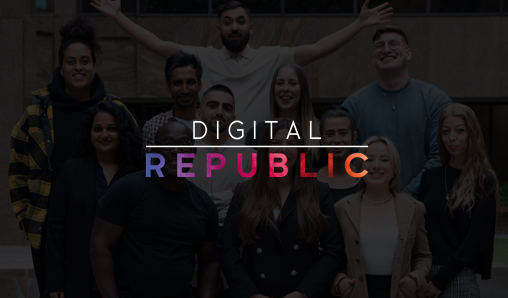
What’s More Important – Your CV Or Your LinkedIn Profile?

With LinkedIn becoming the go-to for job seekers and recruiters alike, is your profile likely to make your CV obsolete? Hays’ Nick Deligiannis explains why this will not be the case.
It’s no secret that an up-to-date and engaging LinkedIn profile can help you to get noticed by recruiters, whether you are actively or passively looking for a new role. But does that mean CVs are becoming less important?
The short answer is no. Your CV and LinkedIn profile are two separate but complementary entities that serve different purposes both to a recruiter and to yourself during the application process and at different stages. Allow me to clarify.
What does the recruiter see first, the CV or the LinkedIn profile?
The answer to this question all depends on how you apply for a role. For instance, if the initial job application didn’t require you to submit a CV (eg if using LinkedIn Easy Apply), then your recruiter may search for you on LinkedIn first after receiving your application. Alternatively, your recruiter may find you on LinkedIn because, even though you haven’t actively applied for a job with them, you match their criteria for a role that they are hiring for.
On the other hand, if you register with a recruiter or apply for a job using your CV, whether this is through a job board, recruitment website, LinkedIn or directly with the organisation, then your recruiter will view your CV first and is then likely to search for you on LinkedIn.
Long story short, both your LinkedIn profile and CV will be carefully reviewed by the recruiter at some stage during the application process and will provide them with different information, which brings me on to my next point.
Why a strong CV is central to your job search
As you can see from the above, your CV is still the main means of applying for roles and should serve the purpose of giving the recruiter a factual and chronological snapshot of your skills and experience to date. What’s more, the recruiter will need to know why you are both interested in and suitable for this job specifically and will need something a little more tailored than your generic LinkedIn profile. Therefore, it is important that you adapt your CV to fit the types of roles you are applying for. You can do this by:
- Tweaking your personal statement to outline why you want to work for this particular industry and organisation
- Streamlining your skills, education and experience to highlight only the most relevant information
- Identifying the keywords used to describe the desired skills on the job description, such as ‘strong analytical skills’, and ensuring these are incorporated on your CV where possible
A strong LinkedIn profile should bring your CV to life
Now on to your LinkedIn profile. Thanks to the visual, flexible and interactive nature of LinkedIn, you have the opportunity to bring all of your skills and experience to life and tell the recruiter more of a story about who you are and what you are looking for.
In addition, a strong LinkedIn profile can increase your chances of being approached by a recruiter first. Recruiters are using advanced data analytics tools to both find and engage with suitable passive and active jobseekers – so an up-to-date profile and frequent online activity can certainly get you noticed by the right people. That is, if you make the best use of this platform. Here are some tips for having a strong and engaging LinkedIn profile:
- Upload an up-to-date and professional photo
- Add a compelling headline that more accurately reflects your specialism and interests, eg ‘Ambitious IT sales professional with a passion for cloud computing, and three years’ experience in this sector’
- Make sure your skills and experience sections are up to date and supported by visual examples, such as videos, pictures, PDFs and other rich media
- Share content relevant to your specialism or industry
- Post your own professional insights – be it in blog format or via an update
- Like/share/comment on other people’s updates
- Get involved in forum discussions
- Connect with people in your network and ask for endorsements and recommendations – but remember online networking etiquette
In conclusion, it isn’t a case of your LinkedIn profile versus your CV. CVs are still the most important weapon in your armoury when it comes to getting a job, but yours should be complemented by a strong, professional and active LinkedIn profile – one that brings all the claims you have on your CV to life and showcases everything you have to offer as a person and as a professional.
Originally published by Nick Deligiannis.
If you found this article useful, you might enjoy reading this post too.
Follow us on LinkedIn and Twitter to find out more tips on job search
Digital analytics, optimisation, data science or programmatic expert, and looking for a job?
Check out our latest live vacancies here
Digital agency looking to expand your team with top-tier talent?
Send us your jobs here
Get in contact with us!



